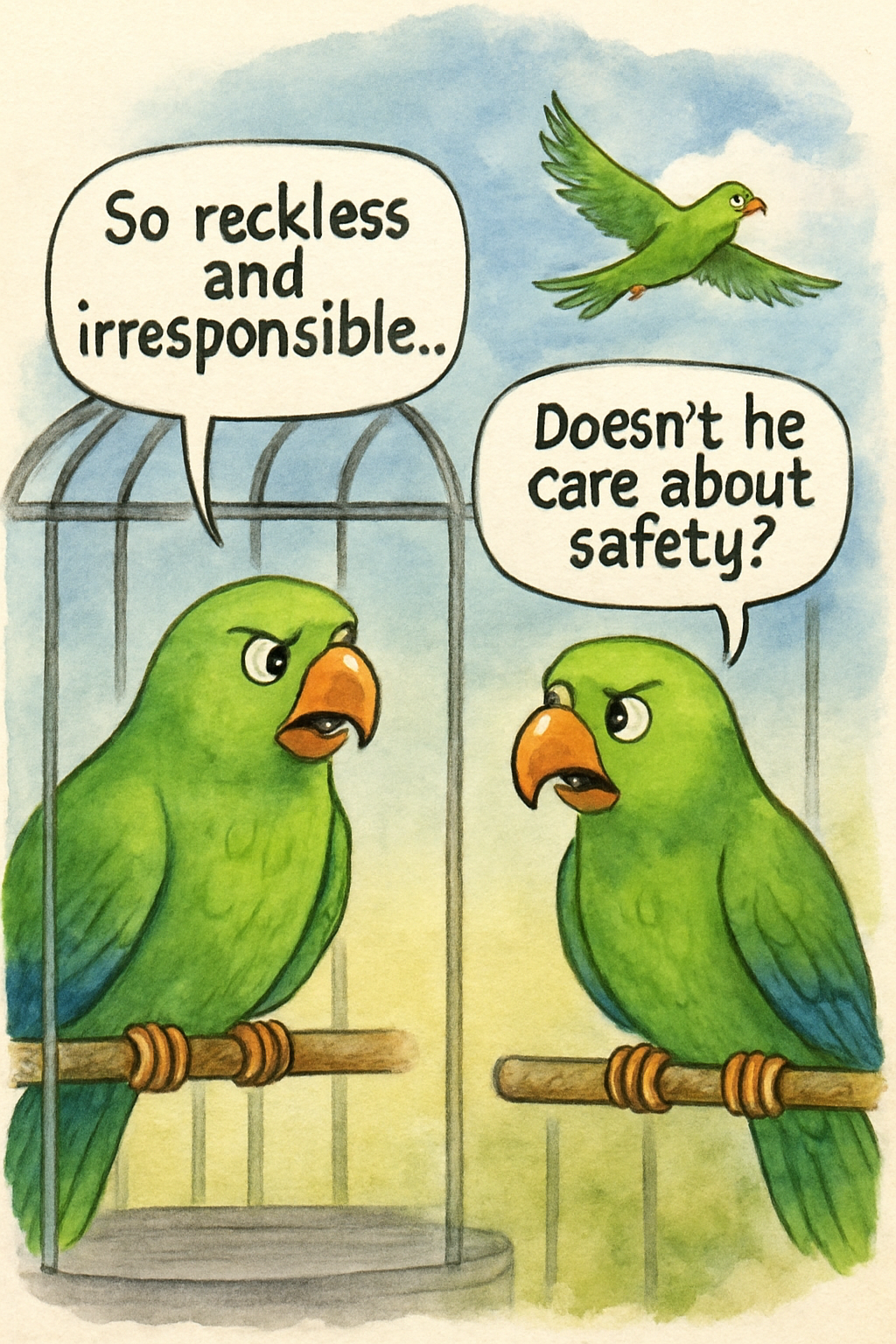
You know, for the longest time, I genuinely believed that when people sat down with you and started unloading their problems, they were secretly, desperately, looking for a solution. Like, here’s this puzzle, please help me solve it. And then, much like a rookie cricketer trying to hit a six every ball, I’d swing with advice, solutions, practical steps. Only to be met with… well, not gratitude. More like a deer-in-headlights stare, sometimes even mild irritation.
That’s when the penny dropped, heavier than a sack of bhindi. A lot of people, a lot of them, actually enjoy their problems. They’ve not just learned to live with them; they’ve integrated them so deeply that the problem has become part of their very identity. It’s like their personal Aadhar card, etched with woes. When you suggest a solution, it’s not a helping hand; it’s a threat to their entire identity. It’s like telling a colony aunty to stop gossiping; her whole purpose would evaporate!
The problem, you see, never wanted a solution. It just wanted a stage.
This can lead to a bizarre, almost comical, cycle. Because staying in “problem-land” is their only familiar terrain, they start inventing issues that don’t exist. They’ll prepare for imaginary problems that might turn up at an imaginary time, like someone stocking up on umbrellas in the middle of a desert, just in case a cloud shows up next year. It’s a captive mindset, a comfort zone built on quicksand.
Have you ever noticed this with a caged bird? When you first get a wild bird and put it in a cage, if you open the door, it will flap, struggle, and try every single way to escape. It remembers the sky, the wind, the boundless freedom. But give it time. Feed it regularly, without it having to lift a wing. Soon, when you reach your hand into the cage to feed it, the bird doesn’t fly out. It clings to the bars. It sticks to the walls. It has forgotten what freedom is. The cage has become its entire world.
That’s how it is with some people and their problems. They find solace in their misery. They connect with others who share similar woes, forming little ‘misery-loves-company’ clubs. It feels safer there. No action required. No scary unknowns. The truth is, if all their problems magically vanished overnight, they wouldn’t know what to do with their lives. It’s a sad, perplexing situation.
So, what do we do when we encounter such folks? We learn to leave them be. Just listen. Nod silently. Offer an empathetic ‘hmm-hmm’ or a ‘haan-ji’. And then, gently, quietly, leave them alone with their precious problems. They’re not looking for a fixer; they’re just sharing their identity, hoping you’ll relate with your own set of troubles.
And as for you, my friend, may you always be problem-free, always willing to welcome life with wide-open arms, and always, always remember what true freedom feels like. Don’t let your cage become your comfort.
